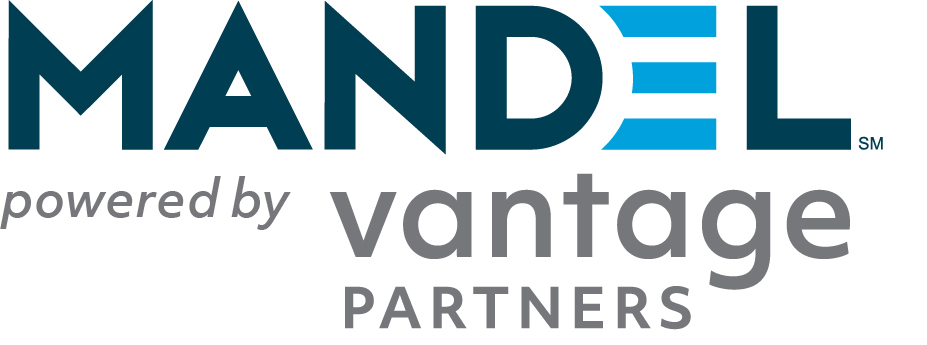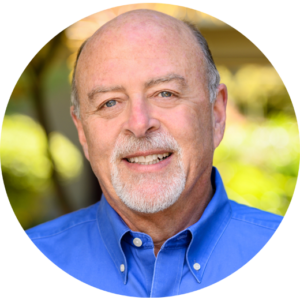You’ve been asked to speak at a customer user conference, an internal sales meeting, or a similar type of event. It seems like lately, whenever you attend these types of events, you’re either wowed by greatness or bored by mediocrity.
Of course, you want your presentation to be remembered as one of the greats! So, what are pitfalls to avoid? And, what can you do to keep your audience engaged?
The following are 3 tips to help you make your next speaking session a success.
- Link to other speakers.
Make sure you fully understand the high-level strategic intent of the conference.- What are the key themes that should be reflected in all the presentations?
- What are other speakers planning to talk about?
- Once the conference is already in session, are there any noteworthy and relevant anecdotes from other sessions or keynotes that you can easily edit into your session to enhance its impact?
Link to these themes, topics, and noteworthy moments in your presentation.
Fail to do so and you run the risk of appearing disconnected from the conference and from issues that first attracted attendees to the event. If attendees don’t feel your content is relevant, you’ll lose them.
- Link to your audience.
In addition to linking to the themes of the conference, your presentation must link to the needs of the people in the audience.- Why did they come to the conference? What do they hope to learn? And what do they want to do with that learning when they leave?
- What business or technical problems can you help them solve?
- What issues concern them most?
Making strong connections to the issues, challenges, and goals audience members have will increase the relevance and impact of your presentation.
You’ll keep your audience engaged during your presentation, as well as enhance their perception of your organization’s value even after the conference is over.
- Differentiate between must-know and nice-to-know info.
In some conference sessions, attendees want less detail and more high-level information. In other sessions, depending on the topic and objectives, attendees may expect lots of detail.So, it’s important to determine what level of detail is appropriate for your presentation beforehand.When creating your presentation, differentiate between “must-know” and “nice-to-know” information. Ask yourself, “If I leave this out, will it significantly weaken my message or my audience’s understanding?” If the answer is “No,” leave it out.If you’re not sure where to draw the line, ask your manager or a peer what they think. This is a place where outside editing can be very useful.
Great speakers are prepared speakers.
The next time you have to speak at a conference, whether internal or external, take some time upfront to understand the key themes and common threads running through the event.
Learn what you can about the audience and what’s most important to them. And, give them just the right amount of information to (1) understand what you have to say and (2) put what they’ve learned into practice.
Is your company’s annual user conference coming up? Are you 100% confident that your speakers are prepared? Mandel has decades of experience helping Fortune 500 companies enhance the value of their conferences by providing speaker training.







